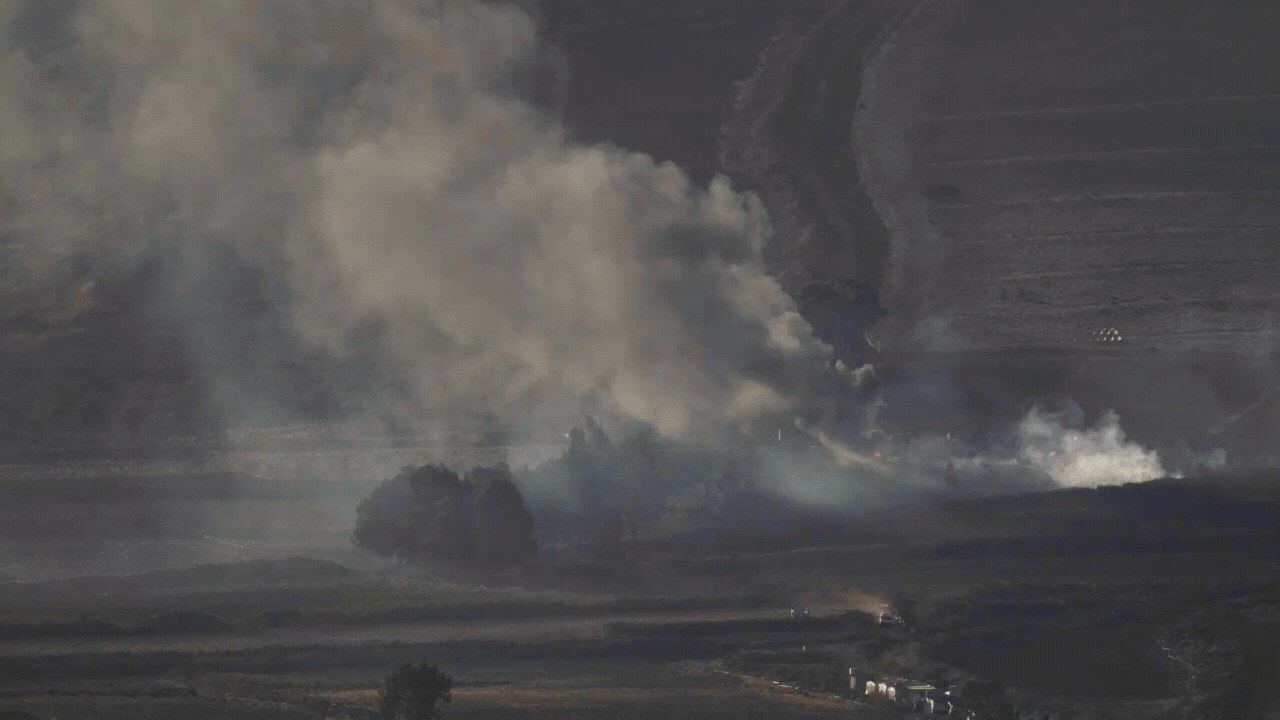Fighting intensified overnight, with Hezbollah launching 150 missiles into Israel, most of which the Israeli military intercepted.Some residential buildings in Haifa were struck, igniting fires and causing injuries. This marks the furthest south Hezbollah’s strikes have reached since the conflict began on October 8, 2023. In retaliation, Israel conducted air strikes on targets in southern Lebanon, claiming to have destroyed thousands of Hezbollah rocket launchers.
The Islamic Resistance in Iraq also claimed responsibility for launching multiple drones and missiles at Israel during the overnight attacks.
In response to the rising tensions, Germany stressed “urgent need” for measures to calm the situation, warning that Israel’s war on Hamas in Gaza could spread to Lebanon. Since Tuesday, air strikes and explosions attributed to Israel have resulted in dozens of casualties and thousands of injuries in Lebanon.
The German foreign ministry expressed the need for “concrete measures in the Middle East to defuse the situation and avoid more civilian victims.” Foreign Minister Annalena Baerbock has been in discussions with her Israeli and Lebanese counterparts to determine the next steps.
The German government voiced deep concern over the escalation but maintained that it was not “inevitable.” Government spokesman Steffen Hebestreit said that “a diplomatic solution to the conflict must be possible.” Chancellor Olaf Scholz’s office warned that a regional conflagration would have “terrible and lasting consequences for the populations of the whole region,” leading to “catastrophic” destruction.
